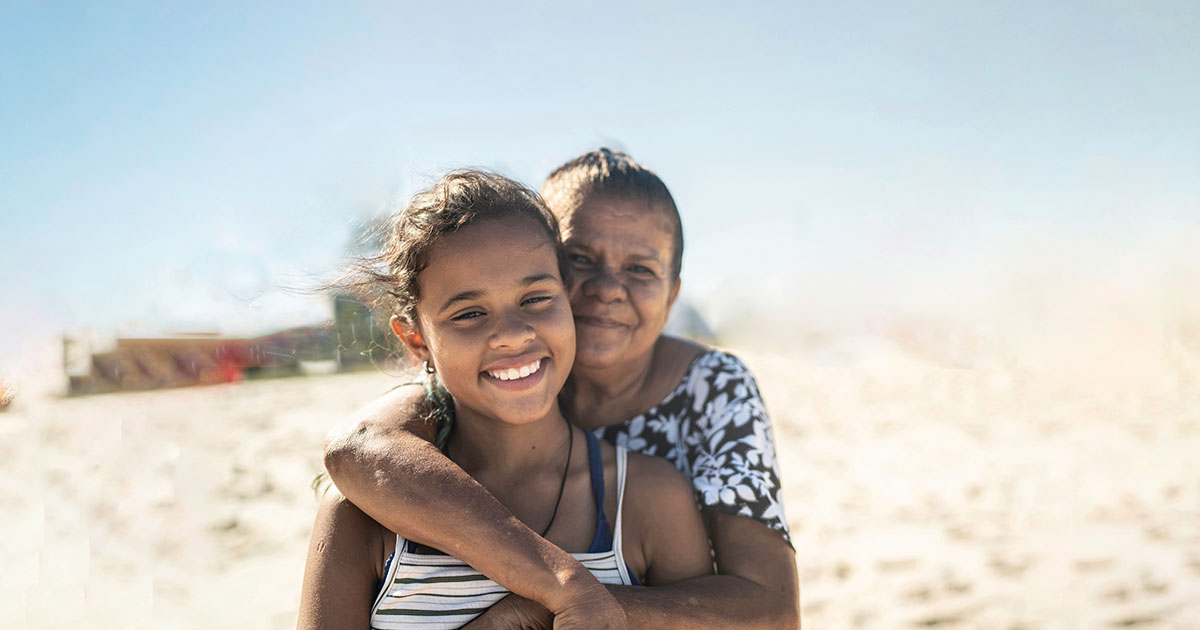Reconciliation Week reflection
- Details
The long tail of inequality and oppression is still very present in Australia today
During this week as we reflect and seek to improve the relationship between Aboriginal and Torres Strait Islander People and nonIndigenous Australians it is important for us to recognise why reconciliation is necessary.
When I look at the dictionary definition of reconciliation, it says “to restore friendly relations”. That implies that there is a former friendly relationship to restore.
In my experience friendly relationships are built on foundations of trust and mutual appreciation. My reading of history indicates that those two things have not always been features of the relationship between the longest surviving civilisation on earth and the British Colonists, everyone else who followed and their descendants.
The theme of this Reconciliation Week is Don’t Keep History a Mystery and in that vein in order to achieve trust and mutual appreciation, it is necessary for all of us, and in particular organisations like Mission Australia never to deny what has happened to the Aboriginal and Torres Strait Islander people since Colonisation.
George Orwell said: “The most effective way to destroy a people is to deny and obliterate their own understanding of their history”.
We cannot be part of any denial or obliteration.
As part of that journey towards true reconciliation we must acknowledge the crimes committed against Aboriginal and Torres Strait Islander People. Not just from the early days of British settlement but also throughout the last century and through to today.
While there has been some progress, as well as high profile symbolic acts and acknowledgements of pass misdeeds, the long tail of inequality and oppression is still very present today.
Recently we marked ten years since the launch of the strategy for closing the gap which addresses key areas including; health, education, early childhood, employment and strengthening communities.
Many of the targets set down haven't been achieved and a recent report by the Australian Human Rights Commission shows that we won't succeed in meeting the targets if we continue on the same path.
Through our work we know how over-represented Aboriginal and Torres Strait Islander People are in every indicator of social disadvantage. In the homelessness statistics they represented 3% of the Australian population on 2016 census night, but accounted for 20% of all people experiencing homelessness. You can read our response to the Census figures here.
So, let's turn our focus to the second definition of reconciliation: “the action of making one view or belief compatible with another”.
As a community services organisation working with Australia's most disadvantaged communities we have to ask ourselves how are we doing this? How are we establishing long-term, genuine and compatible relations with Aboriginal and Torres Strait Islander people and communities?
To do this means ensuring our services are culturally appropriate, developed and managed in cooperation with local Aboriginal and Torres Strait Islander organisations. We must promote high levels of cultural competence and compatibility.
Above all, we're committed to creating genuine partnerships with Aboriginal and Torres Strait Islander organisations, supporting them to develop, implement and lead the delivery of services with communities, not for them or to them.
Ultimately, this will mean we are not a service provider in these communities in the long term and I think that is absolutely how it should be. We won't strengthen communities by creating dependency.
Mission Australia is also working with other peak organisations to contribute to the Close the Gap Refresh process and we're committed to making changes within our organisation, through our Reconciliation Action Plan.
Although there's a long way to go before we close the gap; I remain positive about the future as I know that good work is being done across the country to contribute to reconciliation.

James Toomey
CEO Mission Australia
@jbc_toomey
Related media releases
Read about what we’ve been working on, our stance on important social issues and how you make a difference to vulnerable Australians' lives.



